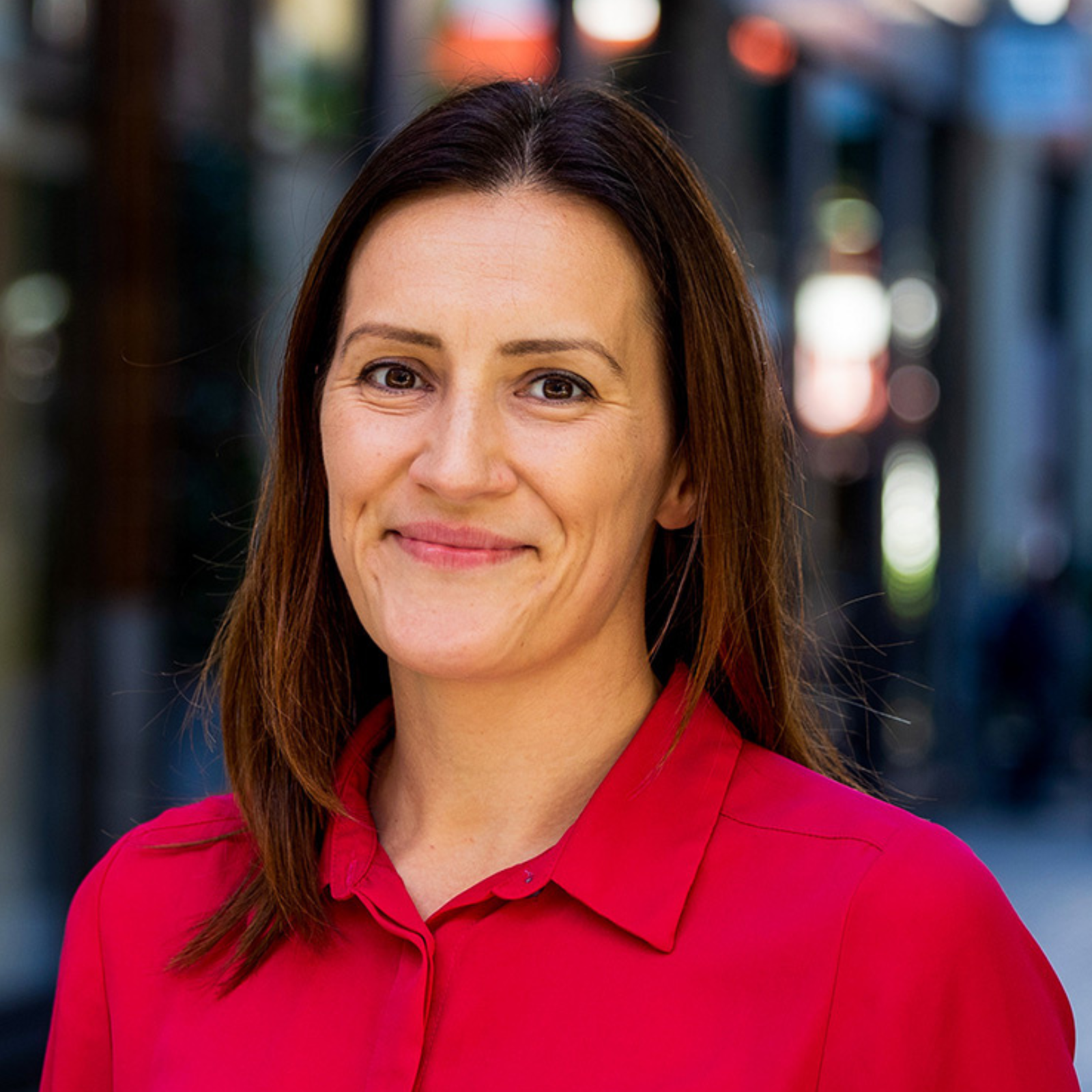05 February 2025
#Twenty25 - Funding the future of health tech - Part 19/20 Interview with Inga Deakin, Molten Ventures

Predicting the future is a tricky thing. In 1989, the movie Back to the Future II painted 2015 as a picture of flying cars, hologram movies and hoverboards being mainstream. While that future hasn't quite materialized, the world of technology, especially health tech, has seen remarkable advancements.
Now that 2024 is behind us and we enter the second quarter of the century, Coulter Partners sought insights from twenty early-stage investors in health tech. We asked them three key questions:
- Where will health tech investment go in 2025?
- What trends or segments will drive health tech growth beyond 2025?
- If given a magic wand, what change would significantly accelerate health tech's impact?
In the nineteenth interview of our Health Tech Investors series, Ian Coyne spoke to Inga Deakin, Principal at Molten Ventures.
Longer-term, I'm excited about integrating multiple data sources to achieve things we can't even dream of yet.
Principal at Molten Ventures
Ian Coyne: What are your thoughts on health tech investments for 2025 and beyond?
Inga Deakin: For 2025, I'm looking at companies that have a clear understanding of their customers and can provide immediate, measurable results. There's a significant supply-demand issue in specialties like pathology, and AI tools can have a substantial impact here. Longer-term, I'm excited about integrating multiple data sources to achieve things we can't even dream of yet. Look at a company like IMU Biosciences, they are focused on the immune system, but that’s not independent of proteomics – the power, and future, is the integration of these models and data. However, I appreciate there are challenges like access to these diverse data sets and high compute costs.
Ian: Do you think the first point is a bit ‘non-VC’, given that VCs often look for moonshot ideas?
Inga: It's a great question. Health tech involves a lot of regulation and product development, so even near-term products require significant work to get to market. It's not ‘anti-VC’; it's about recognizing the stage and sector-specific maturity. We need infrastructure to speed up the process, and while we need audacious bets, we also need practical solutions that can have an immediate impact. I think we would benefit from more companies showing the art of the possible; that would enable more of that ‘VC Thinking’, but at the moment the reality is scaling to the multimillion revenue is a challenge in health tech – not an insurmountable challenge but a challenge all the same.
Ian: Very topical is your recent investment in Deciphex – can you tell me more about what makes that company stand out?
Inga: Many pathology companies focus only on diagnosis – AI on image analysis. Deciphex addresses the broader needs of pathologists, including quality control and operational efficiency as well as supplying a network of remote pathologists and labs. They can support and have AI tools that assist the entire value chain, which is crucial because a lot of a pathologist's time is spent on these activities. They also have significant collaborations with Charles River and Novartis, which helps them scale both their pharma and healthcare businesses.
Ian: Finally, what would you change to accelerate innovation in health tech?
Inga: On a practical level, we need more transparency on what constitutes a good representative set of pilots, especially in the UK. This would help scale solutions across the UK and NHS more efficiently. On a broader level, we need to foster collaboration between academia and the private sector to develop foundational models in biology. This requires significant investment and a conducive macro environment. We’ve historically seen a healthy competition in this space in areas like genomics and I hope we start to see that in foundation models.
---

Inga Deakin, Principal at Molten Ventures
Health tech is already transforming how we access, develop, deliver and manage care. I’m excited by companies that catalyze this revolution by gathering analyzing and applying data in Life Sciences and Health.
Inga has experience investing in life science and digital health companies emerging from top UK universities. She spent some time in the US, gaining international industry and healthcare experience, as Chief of Staff in a commercial stage genetic molecular diagnostics company, and as Entrepreneur in Residence at Duke University. Her scientific training includes a DPhil and MSc in Neuroscience from the University of Oxford, and a BA from the University of Cambridge.
About Molten Ventures
https://www.moltenventures.com/
Related
-
Press Releases
Coulter Partners strengthens leadership at iOnctura with placement of Board Chair
10 April 2025

-
Placement News
Coulter Partners places seasoned biopharmaceutical industry executives to Altimmune Board of Directors
03 April 2025

-
Press Releases
Coulter Partners places key Chief Scientific Officer at ExpressionEdits
13 March 2025

-
Press Releases
Coulter Partners places seasoned medical device R&D leader at Sensome
03 March 2025




